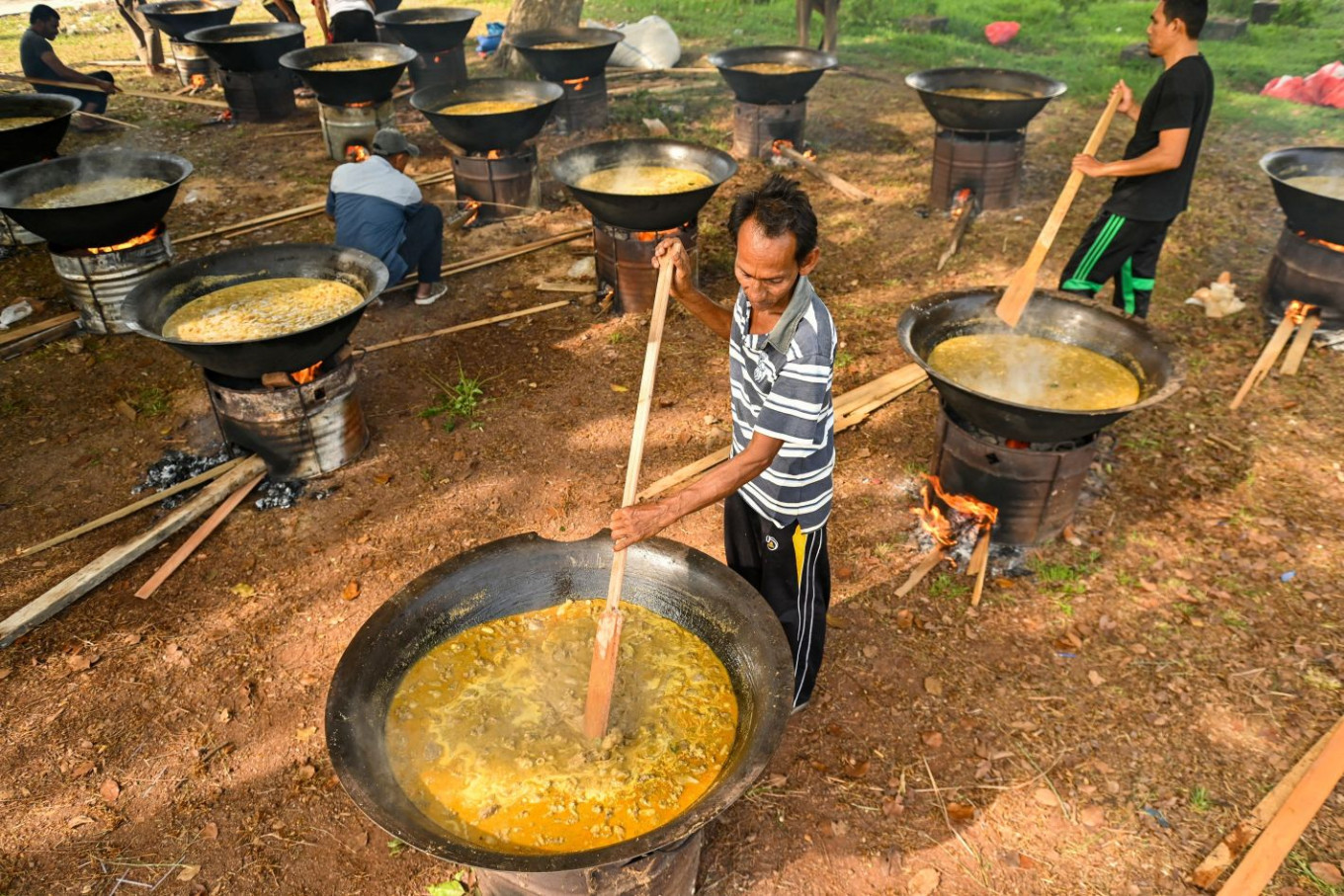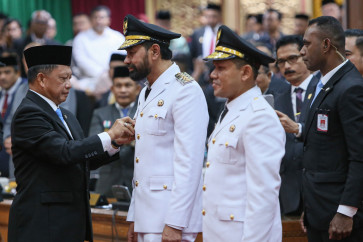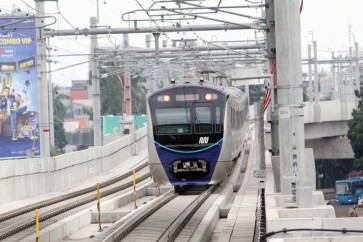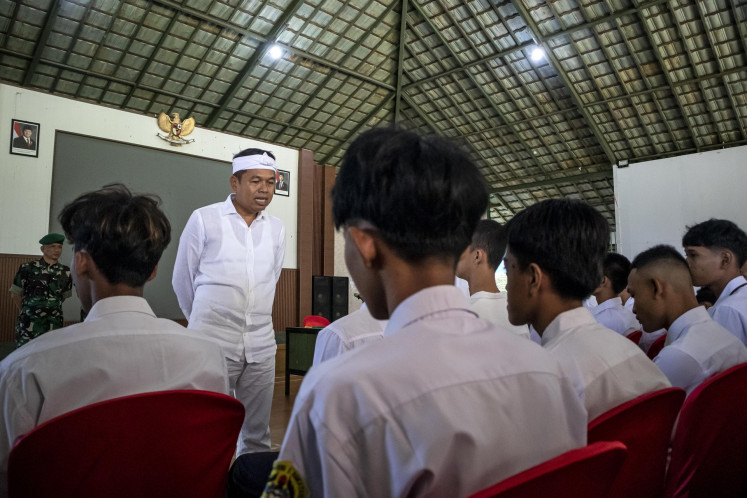Ramadan is the month of fasting and feeding
Successful fasting is not simply judged on how Muslims reach a higher state of consciousness through an intense exercise of hunger and thirst. It must also be evaluated from how they demonstrate an unwavering commitment to their society through such social acts as feeding.
Change text size
Gift Premium Articles
to Anyone

R
This month is holy for Muslims. Doing good is highly recommended as the reward would be multiplied. Avoiding evil is equally advised as that would impinge upon God’s multiplied anger and wrath.
Saying prayers, reading the Holy Quran and remembering God are among the good deeds that Muslims would normally do during this month. But these are personal goals. Muslims are also expected to increase the quality of their social interaction by means of sharing one’s food with the poor and the needy, among others. Feeding the hungry has extra virtue this month.
On more than one occasion, the Prophet Muhammad emphatically said, “Whoever feeds a fasting person will have a reward like that of the fasting person, without any reduction in his reward.” He is also reported to have said, “He is not a believer whose stomach is full while his neighbor is hungry”. Understood in a rather broad manner, these two prophetic saying means that it is a must for Muslims to take care of not only fasting Muslims, but also their fellow human beings regardless of their religion, race and color.
Feeding, in this framework, complements fasting. Successful fasting is not simply judged on how Muslims reach a higher state of consciousness through an intense exercise of hunger and thirst. It must also be evaluated from how they demonstrate an unwavering commitment to their society through such social acts as feeding. The value of Muslims cannot be seen merely from their rituals, let alone from their physical appearance. It must also be looked at from how far they are involved in cementing and fostering the bonds of community. A failure to maintain the stronghold in society means inevitably that a Muslim is no longer part of the ummah (Muslim community).
Refraining from eating and drinking may indeed entail that Muslims are in a pure state of mind and heart. But this purity in mind and heart should also be reflected in their attitude at the crux of which, lies the desire to pursue someone else’s well-being.
To be more practical, through fasting, Muslims should be able to appreciate the blessings they have enjoyed in life. The hunger and thirst they experience for the whole month should help them recognize the suffering of the poor and the needy. The social benefit of this whole exercise is already apparent. As the sympathy and compassion of the rich prevail, and the gratitude of the poor occurs, harmony in a society free of envy and grudges may emerge.
In Islam, there is no room for social disparity, theoretically speaking. By definition, wealth is not that which somebody owns or is in his or her control. In Islam, wealth is defined as that which has been donated or shared with others. It is this wealth that guarantees one’s salvation in the hereafter.
If this doctrine is well-inculcated, it is unlikely that the rich would live a luxurious life without much attention to the poor. The true meaning of happiness lies not in accumulating wealth but in reaching out to the poor and the needy.
All this is to say that religion has a social dimension to appreciate. An abstinence from worldly pleasures such as fasting, should not be understood as a break from social responsibility. It is, rather, part of an education that Muslims may transcend their physical pleasure and be sensitive to social issues. Feeding is in itself social. As an institution, it is implicated in social processes such as the production, distribution and consumption of food in which various social actors are involved.
In religions such as Islam, feeding as a social process is a means to enact a religious role and to deliver a religious message. In many cases, religious conversion takes place due to generosity, of which feeding is part.
Indeed, the line between the religious and social aspects of fasting should not be blurred. The idea of feeding during Ramadan has nothing to do with mobilizing religious metaphors and faith-driven rationales to target certain people to spend. Such feeding practices should be situated within a religious spirit and must not be subjected to the rationale of market-driven discourse of self-growth or personal gratification.
The writer works at Sunan Ampel State Islamic University in Surabaya.









